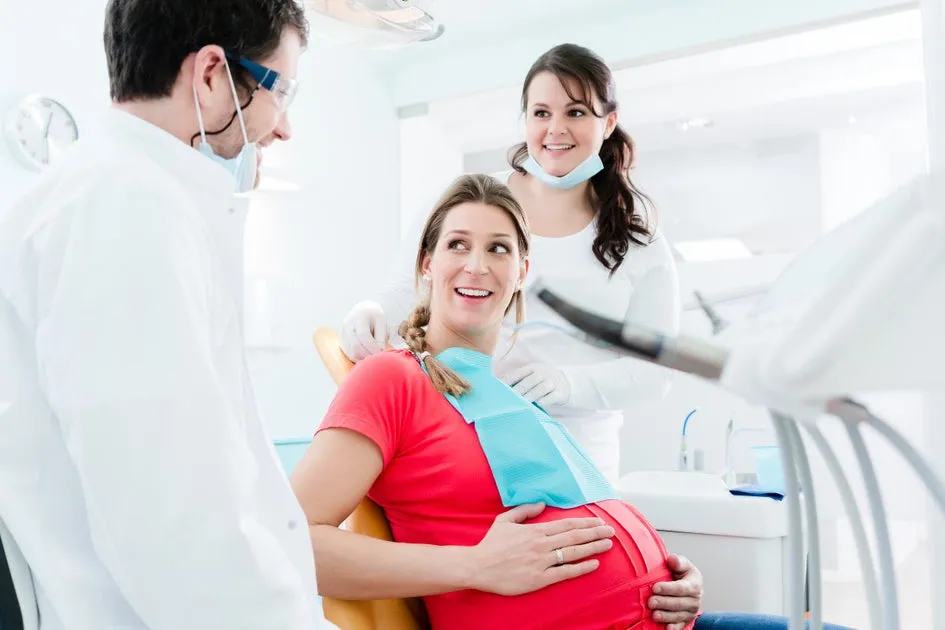The Safety of Whitening Teeth During Pregnancy
Navigating oral care during pregnancy requires extra caution, especially when considering teeth whitening. The desire for a brighter smile is understandable, but the well-being of both the mother and the developing baby must be the top priority. Many treatments are usually avoided during pregnancy because of the potential for adverse effects, but it is a tricky topic, and it is vital to be aware of the potential risks and benefits before moving forward with any procedure. This guide explores the safety of teeth whitening during pregnancy, providing essential facts to help you make informed decisions.
The General Guidelines for teeth whitening
Teeth whitening during pregnancy is generally approached with a high degree of caution. The primary concern revolves around the potential for the chemicals used in whitening products to be absorbed into the bloodstream. While the exact risks are still being researched, most dentists suggest avoiding or significantly limiting teeth whitening treatments during pregnancy, especially during the first trimester. These recommendations aim to minimize any potential harm to the developing fetus.
Why is it Important to Consult Your Dentist
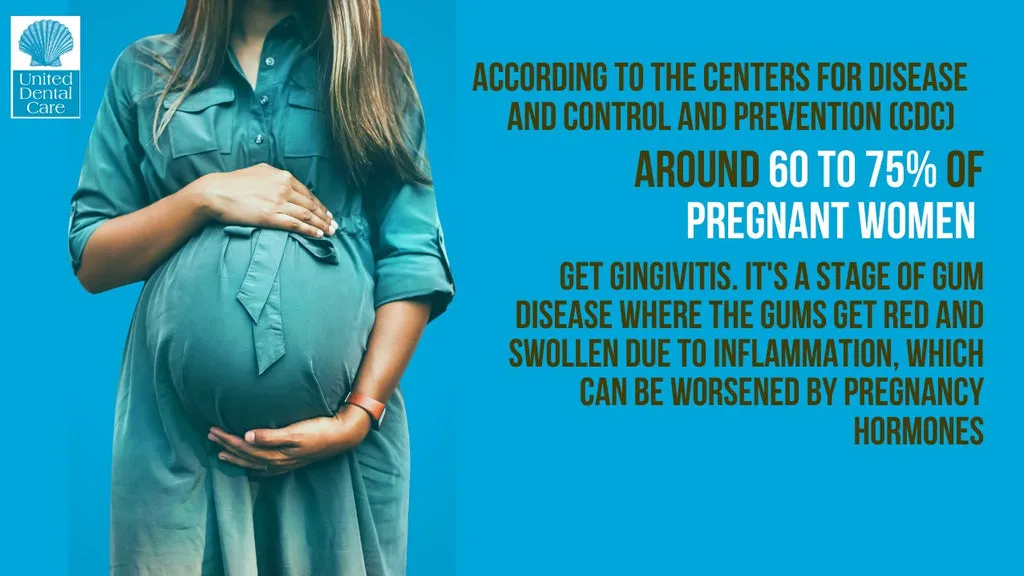
Before considering any teeth whitening method, consulting your dentist is essential. They can assess your oral health, discuss your specific concerns, and provide personalized recommendations based on your individual needs and the stage of your pregnancy. A dentist can also explain the potential risks and benefits of different whitening options and suggest safer alternatives if needed. A professional consultation ensures that you make informed decisions that prioritize your health and the health of your baby.
Fact 1 Understanding the Hormonal Changes of Pregnancy
Pregnancy triggers a cascade of hormonal changes that significantly impact the body, including oral health. Increased levels of estrogen and progesterone can lead to heightened sensitivity of the gums, often resulting in gingivitis or pregnancy gingivitis. This condition causes the gums to become swollen, tender, and prone to bleeding. Understanding these hormonal changes is crucial in managing oral care during pregnancy. It is critical to be aware of these changes and adjust your oral hygiene routine accordingly to maintain healthy gums and teeth throughout pregnancy.
The Impact of Hormones on Oral Health
Hormonal fluctuations during pregnancy can make your gums more vulnerable to bacteria and inflammation. This can increase the risk of gingivitis and periodontitis. Some pregnant women also experience increased tooth sensitivity, which can make it more difficult to brush and floss effectively. These changes highlight the importance of diligent oral hygiene and regular dental checkups during pregnancy to prevent and manage potential oral health issues.
Common Gum Issues in Pregnancy
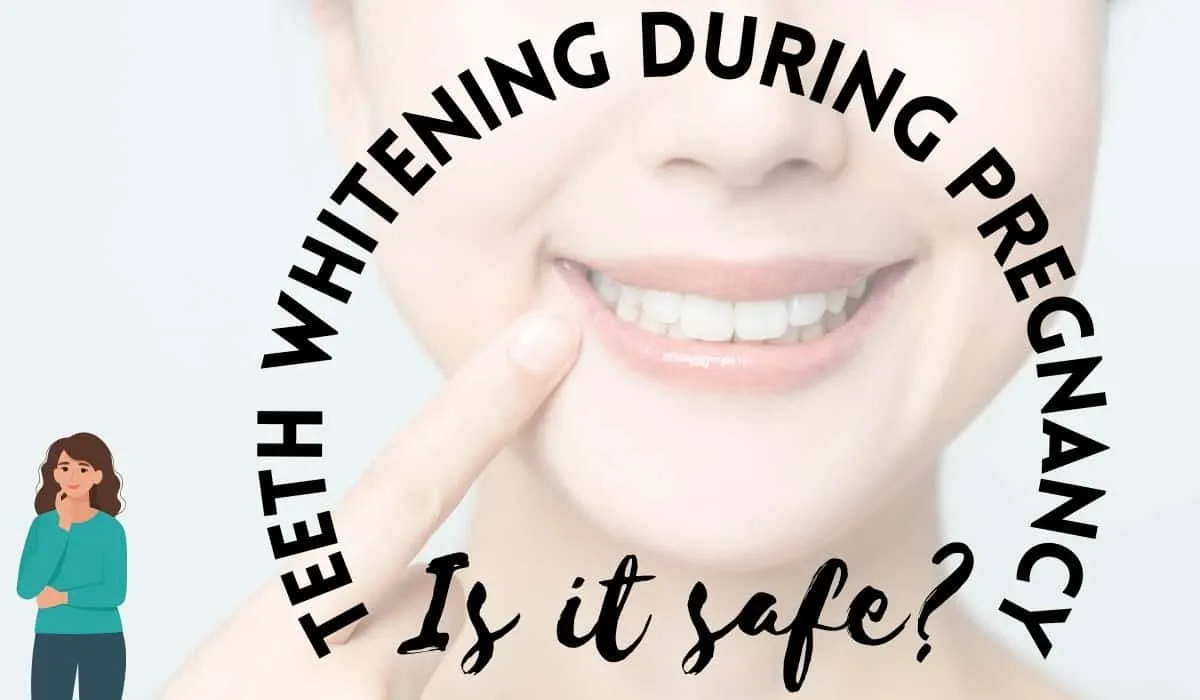
Pregnancy gingivitis is a common condition characterized by inflamed and bleeding gums. It’s often caused by increased hormone levels, which make the gums more sensitive to plaque buildup. Other common issues include increased tooth decay due to changes in eating habits and morning sickness. Regular dental checkups and diligent oral hygiene practices, such as brushing twice a day, flossing daily, and using an antimicrobial mouthwash, can help prevent and manage these issues. It is important to see a dentist if there are concerns to ensure you get the right care.
Fact 2 Risks Associated with Teeth Whitening During Pregnancy
While the direct impact of teeth whitening agents on fetal development is still being researched, it is best to take a cautious approach. The chemicals used in teeth whitening, such as hydrogen peroxide or carbamide peroxide, can potentially be absorbed into the bloodstream. This could pose unknown risks to the developing fetus. Due to this uncertainty, dentists typically advise against these procedures during pregnancy. It is vital to discuss any concerns with your dentist and consider safer alternatives to protect both your health and your baby’s well-being.
The Potential for Chemical Absorption
The primary concern with teeth whitening during pregnancy is the potential absorption of chemicals into the bloodstream. Whitening agents, such as hydrogen peroxide, are used to bleach the teeth. While these substances are generally considered safe for adults, the effects on a developing fetus are not fully understood. There is a risk that these chemicals could cross the placenta and potentially impact the baby’s development. The degree of risk is still being studied, but it is best to avoid them to ensure that everything is as safe as possible.
The Impact on Fetal Development

The impact of teeth whitening chemicals on fetal development is a critical area of concern. Because the long-term effects of these substances on a developing fetus are not fully understood, dentists err on the side of caution. While the amount of chemicals absorbed during a teeth whitening procedure is typically small, there is a risk that even small amounts could potentially impact the baby’s health. Pregnant women should consult with their dentist and prioritize treatments and methods that are considered safe for both mother and baby.
Fact 3 The Safe Whitening Options During Pregnancy
While professional teeth whitening is generally not recommended during pregnancy, there are safer alternatives you can consider. Maintaining excellent oral hygiene is the most crucial step. Regular brushing with a safe whitening toothpaste, flossing daily, and visiting your dentist for routine checkups and cleanings can help maintain a bright smile. Discuss all products with your dentist to ensure that they are safe for use. You can also opt for whitening toothpaste and make changes in your lifestyle.
Choosing Whitening Toothpaste
Whitening toothpastes can be a safe and effective way to brighten your smile during pregnancy. Look for toothpastes that contain mild abrasives to remove surface stains without harsh chemicals. Ensure that the toothpaste is fluoride-based to protect your teeth from decay. Always check with your dentist before using any new oral care products, including whitening toothpastes, to ensure they are safe for you and your baby. They can recommend specific brands and ingredients that are suitable for your needs.
Professional Whitening Procedures
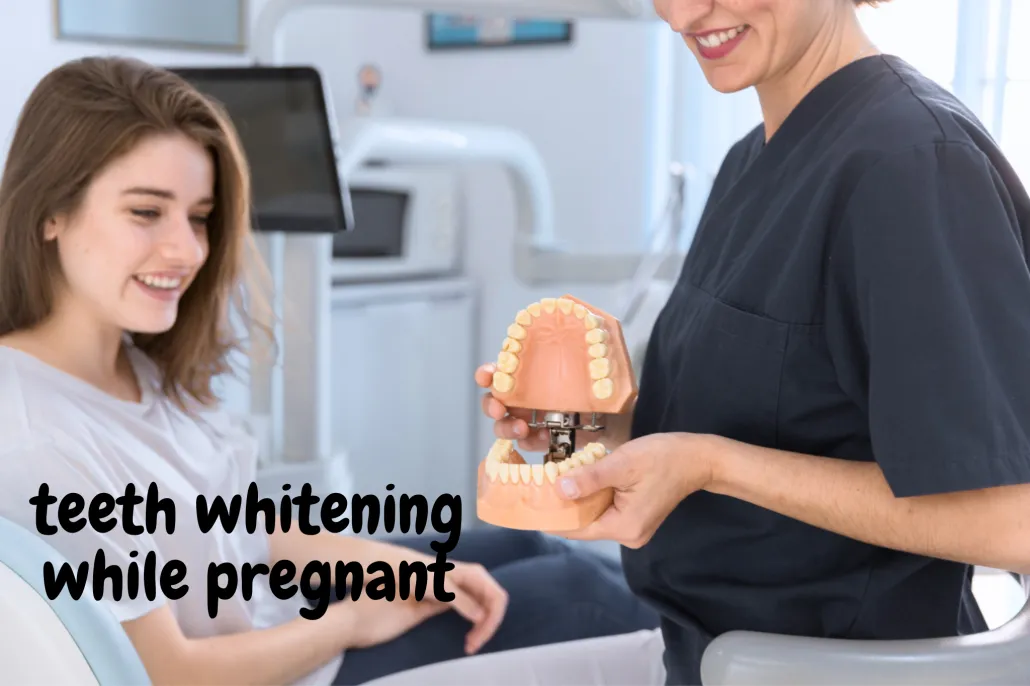
Professional teeth whitening procedures are generally best avoided during pregnancy. These treatments often involve higher concentrations of whitening agents than are found in at-home products, increasing the potential for absorption and risk. Your dentist may recommend postponing these procedures until after you have given birth to ensure the safety of both you and your baby. Focus on maintaining good oral hygiene and other safe methods for a healthy, bright smile during this important time.
Fact 4 The Benefits of Maintaining Good Oral Hygiene
During pregnancy, maintaining good oral hygiene becomes even more important. Hormonal changes can increase the risk of gum disease and tooth decay. Proper oral hygiene not only protects your teeth and gums but also helps prevent potential complications during pregnancy. Excellent oral hygiene is essential to keep your teeth and gums healthy, which also contributes to your overall health and well-being. By staying on top of your oral care, you are taking steps to keep your baby healthy as well.
Brushing and Flossing Techniques
Brushing your teeth twice a day with fluoride toothpaste is the foundation of good oral hygiene. Use a soft-bristled toothbrush to avoid irritating your gums, which may be more sensitive during pregnancy. Flossing daily helps remove plaque and food particles from between your teeth and along the gumline, areas that brushing often misses. Make sure you are gentle with your gums to prevent bleeding. These habits are very important in preventing common pregnancy-related dental issues.
Regular Dental Checkups
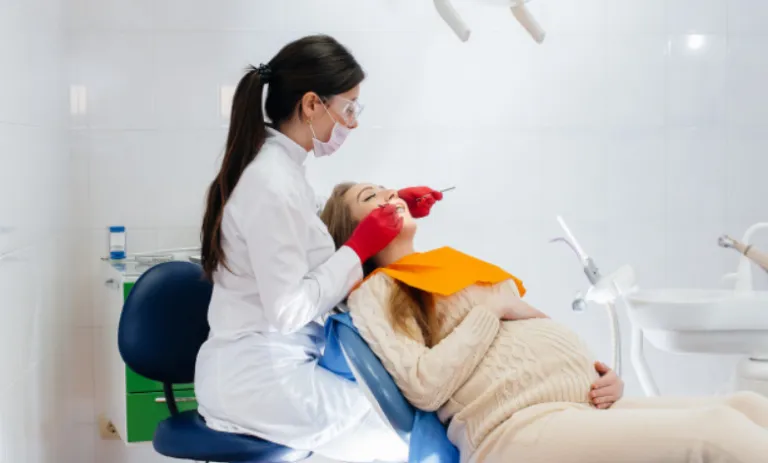
Regular dental checkups are crucial during pregnancy. Your dentist can identify and treat any potential problems early on, such as cavities or gum disease. They can also provide professional cleanings to remove plaque and tartar buildup, which can lead to inflammation and infections. Make sure to inform your dentist that you are pregnant, and they can tailor your care accordingly. Many dentists also offer advice on how to maintain your oral hygiene at home.
Fact 5 When is the Best Time to Whiten Teeth After Pregnancy
After giving birth, you can safely explore teeth whitening options. The best time to whiten your teeth depends on several factors, including your overall health, breastfeeding status, and personal preference. Consulting with your dentist is important to determine the most appropriate timing and method for you. They can assess your oral health and recommend the best course of action to achieve a brighter smile safely and effectively.
Postpartum Dental Care
Postpartum is a good time to focus on dental care. Your dentist can help you address any oral health issues that may have arisen during pregnancy, such as gum disease or tooth decay. They can also provide professional cleanings and recommend teeth whitening treatments if desired. Continue to maintain good oral hygiene habits, including regular brushing, flossing, and dental checkups, to ensure a healthy and bright smile after pregnancy. Make sure to talk to your dentist about your desires.
Prioritizing Your Oral Health

Prioritizing your oral health is crucial after pregnancy. This not only benefits your smile but also plays a significant role in your overall health and well-being. Schedule regular dental checkups and cleanings to maintain healthy teeth and gums. Discuss any cosmetic concerns with your dentist, such as teeth whitening, and explore safe and effective options. By making your oral health a priority, you can enjoy a confident and healthy smile while caring for your new baby. Always consult with your dentist.
